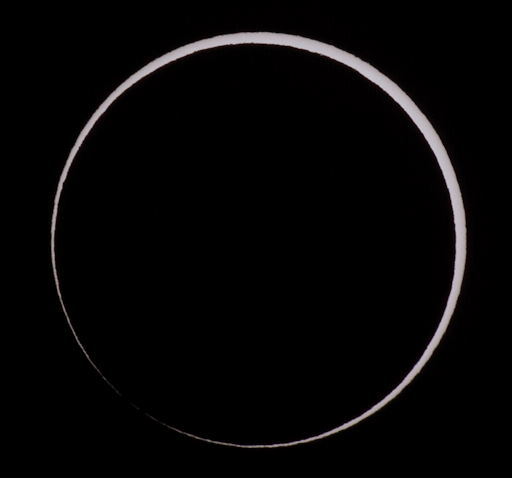http://www.stephanie-osborn.com
Okay, first off, the third installment of my solar and space weather series has gone up over at Sarah Hoyt's blog, According to Hoyt.
And an interesting tidbit of information: Several sources are indicating that the cosmic ray influx is increasing. (E.g. see SpaceWeather.com for Sep 1, 2016: Cosmic Rays in the Atmosphere.)
Now, cosmic rays come in from outside our solar system. Mostly they are particulates, very high-energy charged particles produced in the various high-energy astronomical objects out there. They are very penetrating, and potentially dangerous to life, at least in large quantities. (Not that we are likely to get those large quantities; my point is simply that they ain’t good for ya.)
Normally the solar wind, coupled with the enhanced wind streams from coronas, and CMEs, create enough of a “resisting” effect to keep the cosmic ray flux at Earth fairly low. That said, this means that there is a variation in cosmic ray flux from solar max to solar min.
But 1) we’re only about 2 years out from solar max. We should be 4-5 years away from solar min. 2) If we are indeed going into an extended minimum, then chances are the cosmic ray flux will be higher than at a “simple” solar min.
Just something to keep an eye on.
Additional news:
- Africa saw an annular solar eclipse today. Nearly 97% of the Sun was covered by the Moon for observers in 50 African nations. SpaceWeather.com has a nice gallery of eclipse photography here.
 |
| Photo from SpaceWeather.com Annular solar eclipse seen from Reunion |
- We are experiencing a G1 (minor) geomagnetic storm due to the enhanced wind stream from a coronal hole. High-latitude observers should keep a lookout for aurorae and other effects.
- SpaceX's Falcon-9 blew up on the pad at Canaveral today; the rocket and its payload, a satellite owned by Facebook and intended to provide satellite internet capability, were total losses. CEO Elon Musk indicated that the problem "originated around the upper stage oxygen tank," during a static test on the pad. The launch had been planned for Saturday.
CNN: http://money.cnn.com/video/news/2016/09/01/explosion-at-spacex-launch-pad-at-cape-canaveral.cnnmoney/index.html
ABC: http://abcnews.go.com/Technology/video-captures-spacex-rocket-explosion-launch-site/story?id=41803090
Business Insider: http://www.businessinsider.com/elon-musk-spacex-falcon-9-explosion-tweet-2016-9
~Stephanie Osborn
http://www.stephanie-osborn.com

